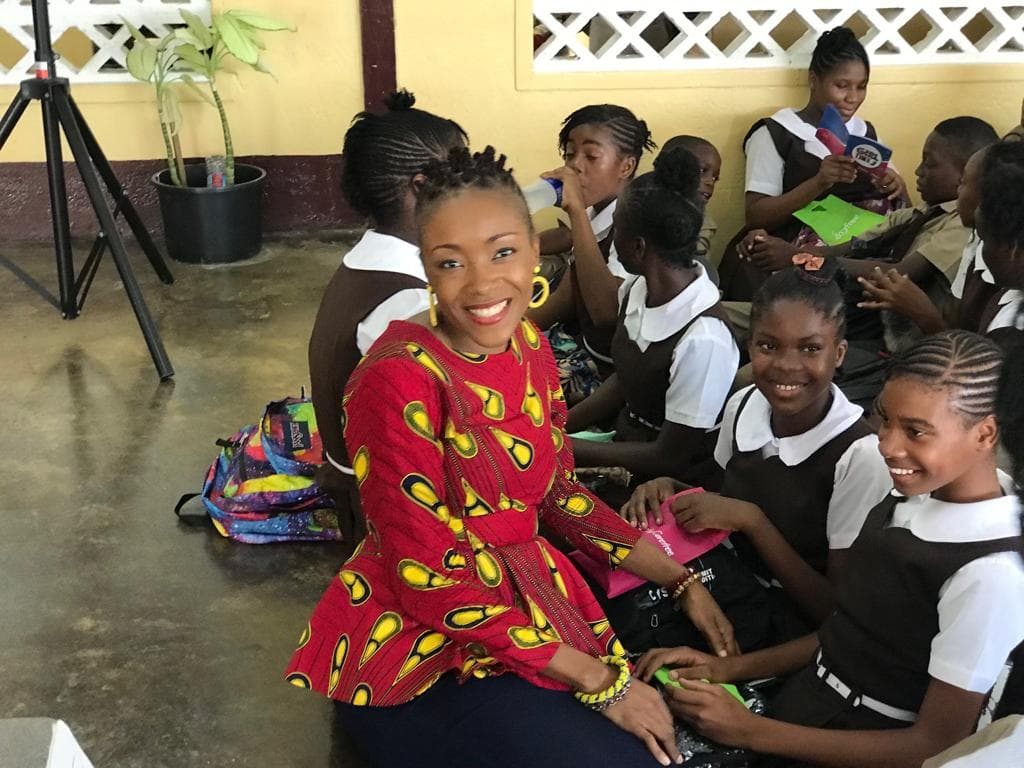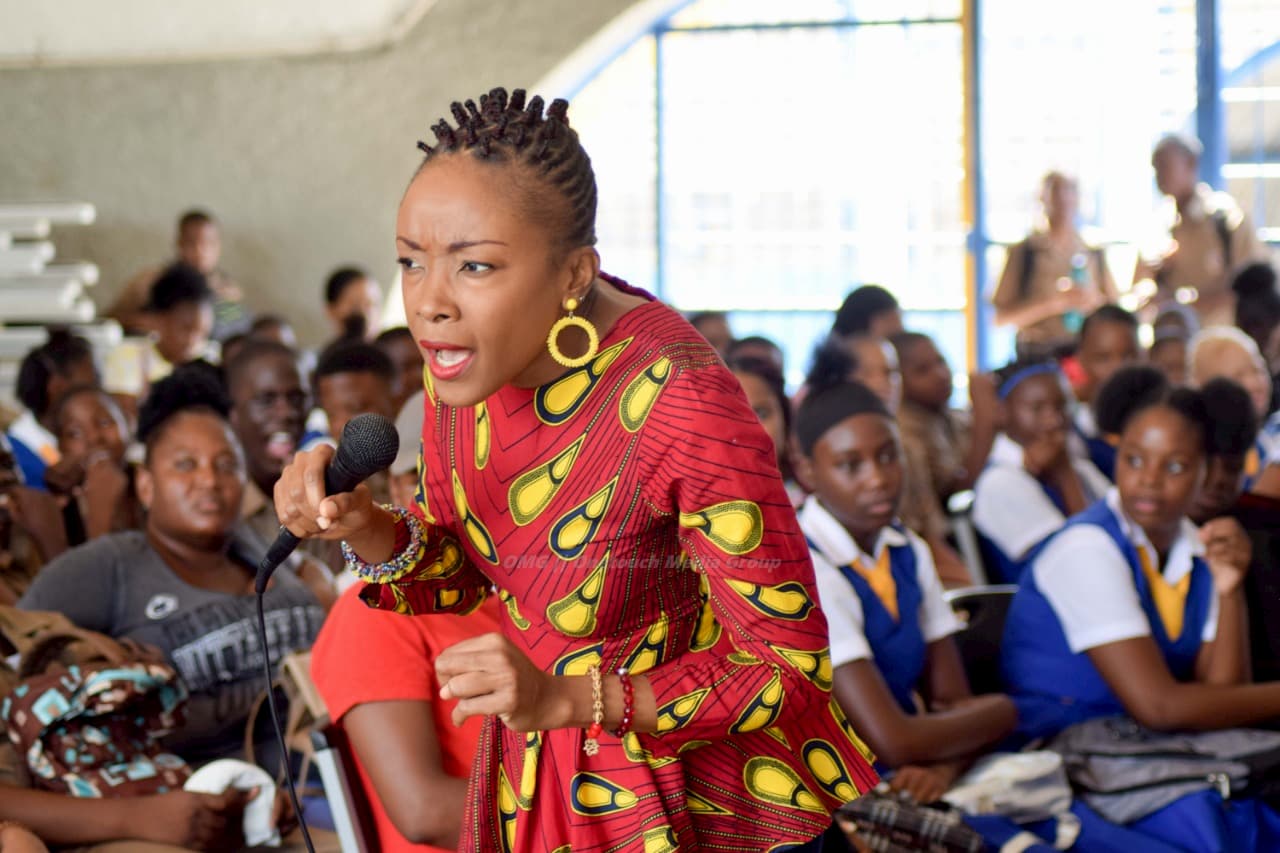When I started HerFlow in 2016, I firmly believed that there was a need to properly educate young girls about periods to empower them to handle menstruation. I initially got in touch with schools to conduct period education workshops so that I could fulfil this need. In doing these workshops, I meet girls who would share with me some of the things they do to manage their periods because they do not have access to menstrual products.
Period poverty is the inability to afford menstrual products when needed. This is a challenge faced by many Jamaican women and girls. I started to research online and I realised that there is an active conversation in other countries about period poverty, and governments are implementing policy changes that address the availability of these essential products. Here in Jamaica, I wanted to have an idea how many girls were actually affected, and since the research has not yet been done, I looked at the National School Feeding programme and made a common-sense assumption – if they cannot afford lunch, then they cannot afford menstrual products

ALTERNATIVES
For the women and girls who are affected by period poverty, functioning is important since they still have to be able to move around and get things done while they menstruate. Since they don’t have access to products, they get creative to find alternatives. I have spoken with girls who reuse their pads by placing tissue on top of it and bleeding on the tissue. Others use discarded fabric like socks, old T-shirts, rags, etc. I was actually told by a young lady that she was able to use one pad for her entire period.
Guidance counsellors at schools can testify to the fact that girls stay home from school on the days when they have their periods, and this negatively affects their studies. Some women use baby diapers and cut them into strips and use those. It’s cheaper to buy a single diaper than a pack of sanitary pads.
WHAT CAN WE DO?
Addressing period poverty requires a move to ensure access to menstrual products for free to those who need it. I would love to see a serious response from the Government to address this issue and make products available for those in need the same way we provide free condoms in clinics across the island. My dream is to have them in every public bathroom across the island, especially in schools. Through HerFlow, we have been able to donate more than 50,000 menstrual kits to schools, and we are on track to hit 100,000 kits by the end of 2019. The work we do is totally driven by donation from the public and great corporate partners.
We want to thank everyone for their contribution, and if you’re interested in making a donation to HerFlow please visit our website at www.embraceherflow.com.
Advertising feature by Shelly-Ann Weeks.

